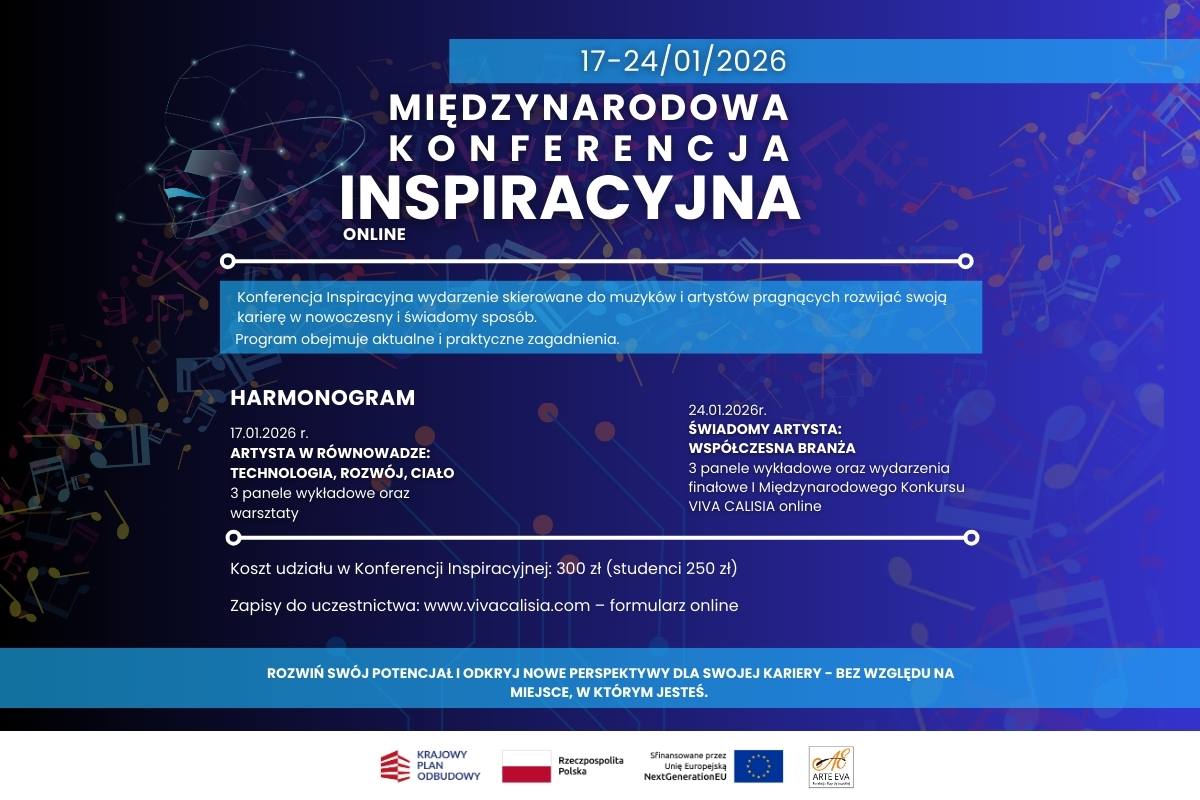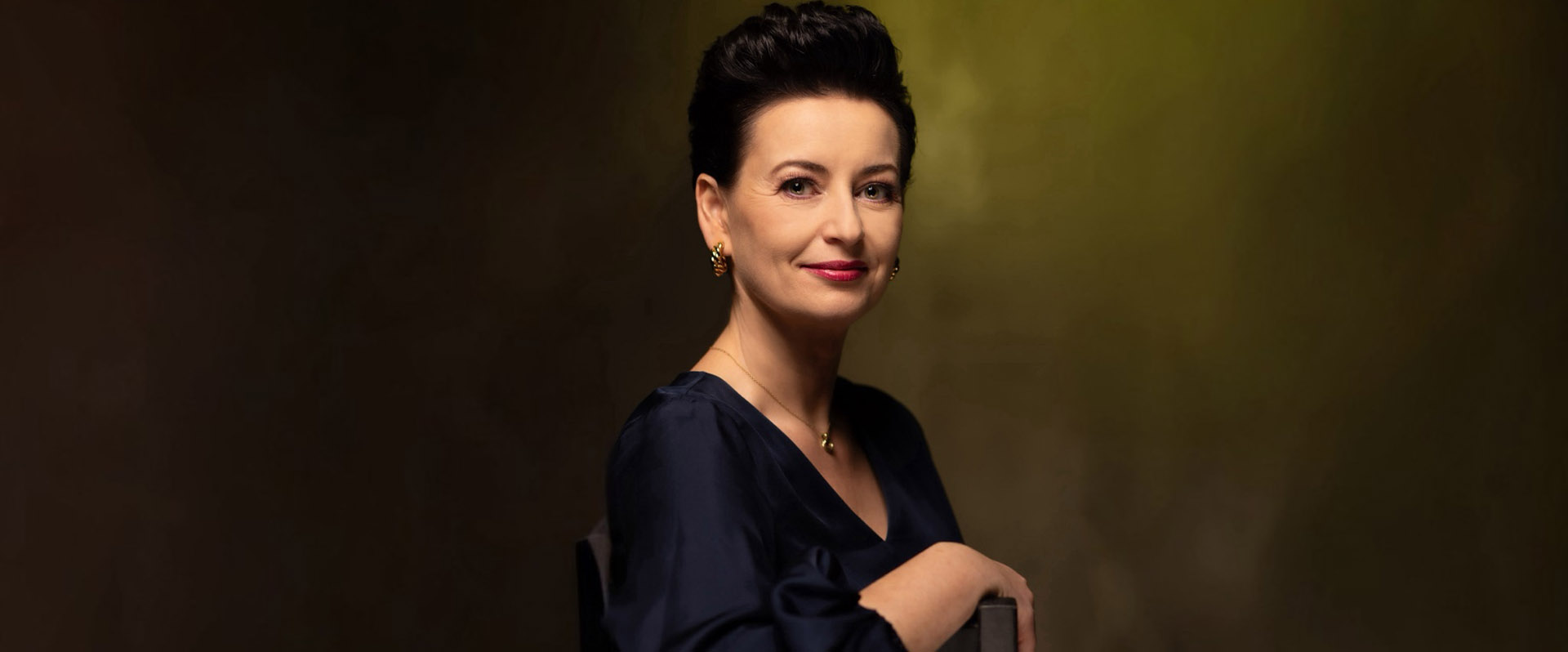 Five questions after the 4th International Antonina Campi Vocal Competition for… Ewa Vesin, Director and Jury Chairman
Five questions after the 4th International Antonina Campi Vocal Competition for… Ewa Vesin, Director and Jury Chairman
Yesterday was the last day of the 4th International Antonina Campi, née Miklaszewicz Vocal Competition in Lublin. International jury selected the winners out of eight finalists. Each singer presented two opera arias of their choice, with accompaniament by the Beethoven Academy Orchestra conducted by Łukasz Borowicz. Aleksandra Łaska (Poland) won the 1st prize. The 2nd prize went to Liam James Karai (Great Britain/Ireland), and the 3rd one – to Viktoria Shamanska (Ukraine). In an interview with Agata Ubysz, Director and Chairman of the jury, Ewa Vesin, takes us behind-the-scenes of the competition.
What is your recipe to interest emerging singers in the competition: the prize pool or the international jury?
It is always a combination of several ingredients. The total prize pool is certainly important, but the paramount factor is the composition of the jury. The opportunity to perform in front of people who can offer jobs is definitely more promising than a one-time transfer. Having said that, we attach a great importance to high production standards. We try to create a friendly environment in which vocalists feel at ease during several days of the competition struggles. We want to relieve the associated stress. There is salso the artistic aspect – working with experienced conductor and recognized orchestra. The International Antonina Campi, née Miklaszewicz Vocal Competition ticks all the boxes.
The evaluation of the participants is not only about notes and points: each jury member looks for a feature they consider vital for a successful career as an opera singer. What is this feature in your opinion? Impeccable technique? Or perhaps a touching interpretation?
It is never a single feature, but a mixture or several qualities that influence our overall assessment. Impeccable technique and interpretation are extremely important, but we also look at each singer’s individual dispositions to work on stage. We are looking for personalities. The manner in which the singer comes on stage and their attitude towards the conductor, the orchestra and the audience, determines artistic quality.
Eight vocalists sang in yesterday’s finale. So many voices and so many artistic personalities to evaluate in one evening. How to stay vigilant and judge fairly?
The first two stages of the competition give us a picture of the skills of each candidate. By listening to the final performance with the orchestra, we hope to confirm our choices. However, surprises do happen. Most frequently, it turns out the voice projection is insufficient when confronted with orchestra. The voice, which sounded perfect when accompanied by the piano, turns out significantly disproportionate against the mass and density of the orchestra’s sound.
What is the most common mistake young artists make at vocal and opera competitions?
It is obviously an inappropriate choice of repertoire with regard to their performing capabilities. Not only concerning emotional maturity necessary to properly interpret any work, but also technical skills and ability to control all aspects of vocal projection.
One piece of advice for participants of the next edition of the competition is…
General Director of the competition tells me to say: read and unerstand the competition emails.




